Alisa began her career as a research scientist within a traditionally male-dominated environment. With this in mind, Alisa talks to Insight as part of our Let’s Get Inclusive initiative about the changing state of attitudes within the Engineering Landscape, informing us about her past experiences, work in terms of diversity and equality and what the future holds…
The beginnings
I have always been interested in how things work, solving challenging problems and discovering the unknown through scientific experiments. It all started when I was 6-years old; my favourite toys were the soldering iron and screwdrivers. I also loved to take apart my brother’s toys or different electronics and put them back together. I then discovered maths and physics and the world of numbers and experiments fascinated me ever since.
By the end of high school, I knew I wanted to combine my passion for maths, physics and computer science to contribute to innovative products. An engineering career was an obvious choice in that it not only allowed me to follow my passion but fitted my personality. I am an INTJ (introverted, intuitive, thinking and judging), I like to think, to explore new ideas, and I am very curious.
I am a curious person who always looks for the next challenge, the next opportunity to push my limits and to learn new things. I look forward to future projects, even though these could include uncertainty, multiple obstacles or failure.
I was very fortunate to obtain my degrees at great institutions (BS in Engineering at Smith College in the USA and PhD in Materials Science at the University of Oxford in the UK). I also received full scholarships and stipends for both degrees at a time in my life when others believed in me more than I did at the time.
I chose Smith College for the great engineering program but also because it is an all women’s college. I didn’t want to hear phrases like: “women are not good at maths” etc. and surround myself with more examples of strong, talented and successful women. The community at Smith College made me become more confident and I never believed “you cannot do that” after graduation.
There is definitely a lot more that can be done to support bright students all over the world who cannot afford to pursue an advance degree. Education should not be a luxury in the 21st century.
The world of work
My first role after I graduated from my PhD (Senior Research Scientist) shaped the person I am today. I was very fortunate to be in a work environment that not only supported my ideas and initiatives but allowed me to make mistakes, to experiment with different styles of working, and to develop and grow not only as a scientist but as an individual. More than experiences, my colleagues and mentors taught me how to become a better leader, how important it is to stay true to your values and how rewarding it is to give back.
One of my most notable experiences comes from this time. I worked on a synthesis project and can remember spending many hours in the lab, improving the experimental design, analysing data and going through way too many experimental iterations until I obtained the right composition. The fact I really enjoyed the project regardless of the challenges and the intense work schedule made me realise I made the right choice in my career.
Women in STEM are often mistaken for either custodial staff or admin as women are sometimes perceived to be incapable of performing at a high level. I remember receiving a phone call from a customer looking for technical consultancy, their first words were: “I was expecting to talk to a man… ”
As I moved into a more commercial role and started to hold various management positions, I saw even more success. My passion, curiosity and ambition drove me during this period; I like to challenge myself, and I believe that testing my limits makes me more self-aware. Stepping outside my comfort zone (even though this usually came with taking risks) helped me to grow. I think learning is important too and progressing to different roles and organisations allowed me to do that.
A different experience
I realised throughout my career that while I am used to working with male colleagues (since most engineering degrees are male dominated), some male colleagues were less used to working, interacting, managing or being managed by a woman.
My experience was different from my male colleagues. I have experience of not being invited to important meetings or projects, receiving little to no credit for my work, having less support from senior leaders, being passed over for important assignments, and earning less than my male colleagues doing the same job.
I think the industry still has a long way to go. In my 7+ years of industrial experience, I have mostly been the only woman on the team. I do see younger companies being and becoming more inclusive than larger or more established ones. Smaller and agile teams better understand the business benefits of diversity.
The unequal treatment usually comes from gender stereotypes and unconscious bias that both men and women have. This experience made me work more, made me want to succeed even more and gave me the drive to fight for my dreams regardless of the circumstances.
Over the years, I learned how to stand up for myself. I met people who appreciated what I brought to the table regardless of my gender, and I became better at selecting organisations and teams that look beyond gender stereotypes.
While I don’t believe in gender quota because I would not like to receive a role or a promotion just because I am a woman, there is a lot that can be done to see an increase in the number of women in STEM.
A female role model
One of my first female role models growing up was one of my grandmothers who was for me at the time the woman I wanted to become: strong, independent, hardworking, a dedicated mother and an example of elegance. By far the most inspirational woman as I entered engineering was my Materials Science professor at Smith College who not only helped me discover my passion but was also a mother to me when I was more than 5000 miles away from home.
As I progressed in my career, I realised many youngsters (especially women) look up to me. I started to feel a sense of responsibility as a female role model. I love to receive messages from young women who want to pursue a STEM career and ask for my advice.
I’m proud to have the career I have, to be able to follow my passion, enjoy every single day in my current role, and to look forward to the next one is amazing. I say this because, looking back, the statistics of someone with my socioeconomic background, my nationality, and gender don’t predict such a trajectory.
I would encourage female Engineers at the beginning of their careers to focus on becoming the best version of themselves (both professionally and personally), and not get distracted by the many challenges that women have to face in a male-dominated industry. I would advise them to not give up their dreams, to be confident in their abilities, to ask for help when they need it, to start building a professional network early, and to always negotiate their offer!
I decided to apply for the Top 50 Women in engineering in 2020. The application included a summary of my achievements and activities in engineering and listed my impact as a strong supporter of diversity and inclusion in STEM. I am honoured to have received this award. It encouraged me, even more, to continue my activity in engineering and to continue to fight for diversity and inclusion. Passion, talent and hard work should come before any stereotype, and everyone should be allowed to activate in any industry regardless of their gender.
The state of diversity and inclusion
I think engineering educators have done a great job of introducing new activities in the curriculum to attract girls to study STEM subjects. I see an increase of awareness about successful women in STEM, redefining the stereotype of what an engineer looks like.
Whilst these reforms and actions show uptake in females studying STEM courses in school. Most women start dropping STEM at universities and once they start their professional career.
Studies have shown that the reasons for this include:
- Inequitable compensation
- Lack of recognition at work
- Being overlooked for advancement
- Bias and discriminatory recruitment
- Being left out of important projects
- Being assigned with secretarial tasks, so they miss out on the real engineering work assigned to men
Diversity and inclusion will play a more and more important role in the future. This will affect both the business and the way consumers choose their products.
Over the years, I learned how to stand up for myself. I met people who appreciated what I brought to the table regardless of my gender, and I became better at selecting organisations and teams that look beyond gender stereotypes.
I think the industry still has a long way to go. In my 7+ years of industrial experience, I have mostly been the only woman on the team. I do see younger companies being and becoming more inclusive than larger or more established ones. Smaller and agile teams better understand the business benefits of diversity. They also have a less hierarchic system, so promotion and compensation are more transparent.
All companies should implement strategies to eliminate gender bias and sexual harassment. Women in STEM are often mistaken for either custodial staff or admin as women are sometimes perceived to be incapable of performing at a high level. I remember receiving a phone call from a customer looking for technical consultancy, their first words were: “I was expecting to talk to a man… ”. Regarding sexual harassment, while companies have policies in place, there is still a grey area. Almost 50% of the women who work in the male-dominated field say sexual harassment is at least a small problem where they work, and many decide to leave a job or career they enjoy because of this.
Women have to prove themselves over and over again; this happens within the context of a promotion as well. To eradicate the boy’s club culture, I wish that clear, objective, performance metrics were considered standard as the basis for promotion.
Eliminating the gender pay gap is another area of focus. There have been great initiatives lately to narrow the gender pay gap, and there are many companies that are becoming more and more transparent. However, there are many women who leave the STEM field once they start a family.
The future
I’m proud to have the career I have, to be able to follow my passion, enjoy every single day in my current role, and to look forward to the next one is amazing. I say this because, looking back, the statistics of someone with my socioeconomic background, my nationality, and gender don’t predict such a trajectory. I strive to make a positive impact in the life of those who might not have enough opportunities or resources to make their career dream come true and, I hope that will become my biggest achievement.
I have learned and have grown with every project, but my favourite project will be the next one. I am a curious person who always looks for the next challenge, the next opportunity to push my limits and to learn new things. I look forward to future projects, even though these could include uncertainty, multiple obstacles or failure.
There is definitely a lot more that can be done to support bright students all over the world who cannot afford to pursue an advance degree. Education should not be a luxury in the 21st century.
Engineering has definitely been affected by the pandemic. I believe that immediate innovation will mainly come in relation to operations, introducing agile processes, adopting digital tools to be closer to customers, optimising the supply chain and manufacturing process, and adopting new business models.
As demand picks up, I believe the future of engineering will rest in the Automotive, Aerospace and Building sectors. From autonomous driving, green vehicles and zero-fuel aircraft, to smart buildings and green infrastructure, there are many trends that will shape these industries.
I also think one of the technologies that will have a significant impact on both operations and R&D is artificial intelligence. As someone who activates in the field of artificial intelligence and materials science, I am biased to say that some of these innovations will be related to the development of new materials. I interact with customers from these industries that introduce artificial intelligence in materials development, image analysis for process optimisation and better-quality control and early defect detection. I believe the advancement of artificial intelligence and its wide adoption in this sector will continue to drive innovation in this industry.
This interview was conducted as part of our Let’s Get Inclusive initiative, which aims to spotlight key individuals and role models within the Technology and Engineering spaces. For more about Alisa, take a look at her LinkedIn profile here.
Our Engineering team works with a variety of passionate and innovative clients. To understand our specialisms, take a look at our dedicated Engineering page. If you’re currently looking to recruit an engineering professional to join your team, send your requirement to Director of Engineering Steve Clarke:
See More From Our Blog
Meet Our New Mission Critical Team Member – Jacob Jackson
Here at Insight Recruitment, we’re excited to further expand and strengthen our Mission Critical team. Jacob Jackson joins the Insight family in the position of Recruitment Consultant specialising in the Mechanical industry…
read moreIndustry Update – The Evolution of the Data Centre Market in Europe
In today’s digital age, data centres serve as the backbone of our interconnected world. They are the central hubs powering the storage, processing, and distribution of vast amounts of information…
read moreIndustry Update – Technology Innovations in the US
In today’s ever-evolving world, the United States continues to be at the forefront of technological innovations, shaping industries and driving global progress…
read moreMeet Our New US Tech Team member – Joe Flower
Here at Insight Recruitment, we’re excited to further grow our US Tech team as we aim to explore new markets…
read moreMeet Our New Mission Critical Team Member – Georgia
Here at Insight Recruitment, we’re excited to further expand and strengthen our Engineering team. Georgia Ellyatt joins the Insight family in the position of Recruitment Consultant specialising in the Mechanical & Electrical industry.
read moreMeet Our New Operations Team Member – Anna Prudencio
Here at Insight Recruitment, we’re excited to further grow our Operations team as we aim to Empower Sustainable Growth…
read more
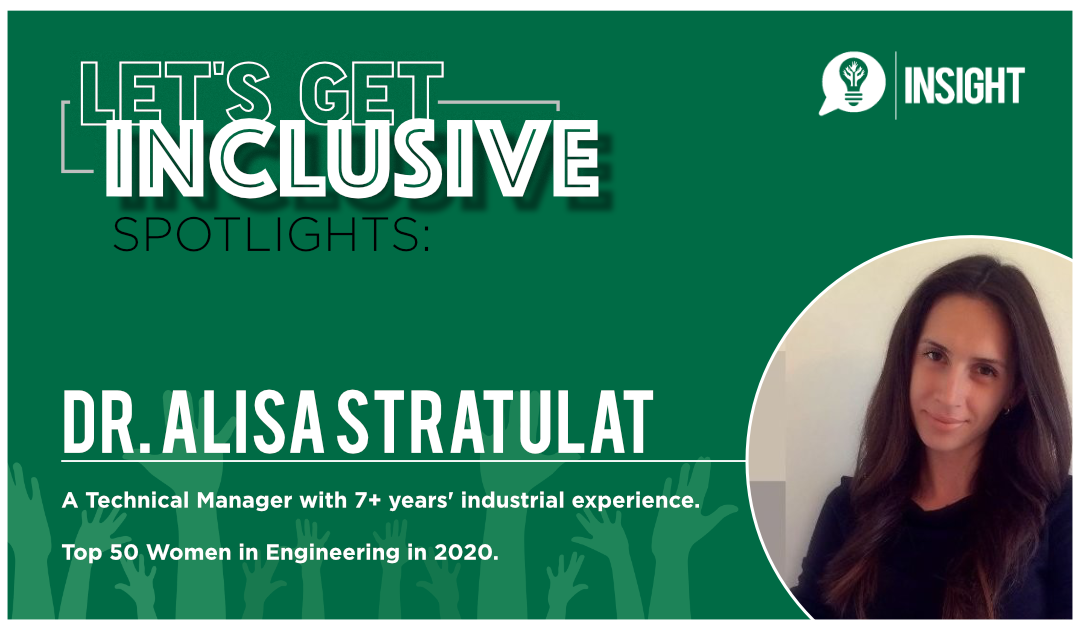
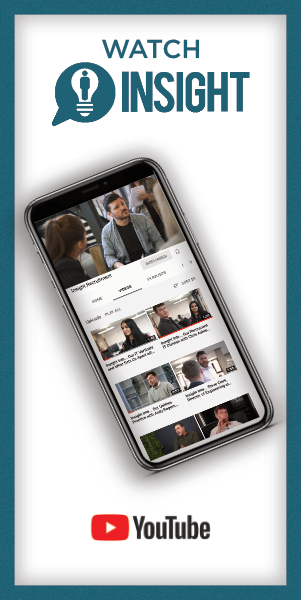
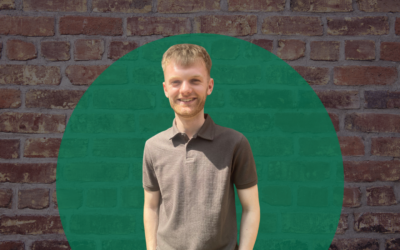


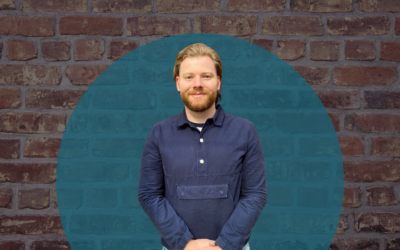

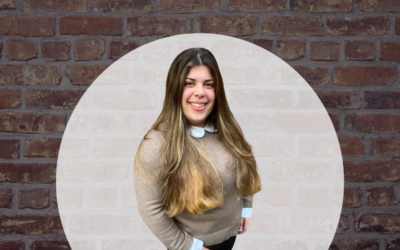
Recent Comments